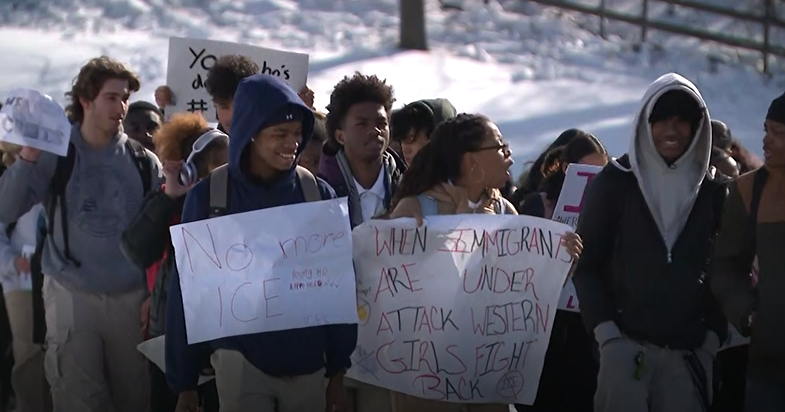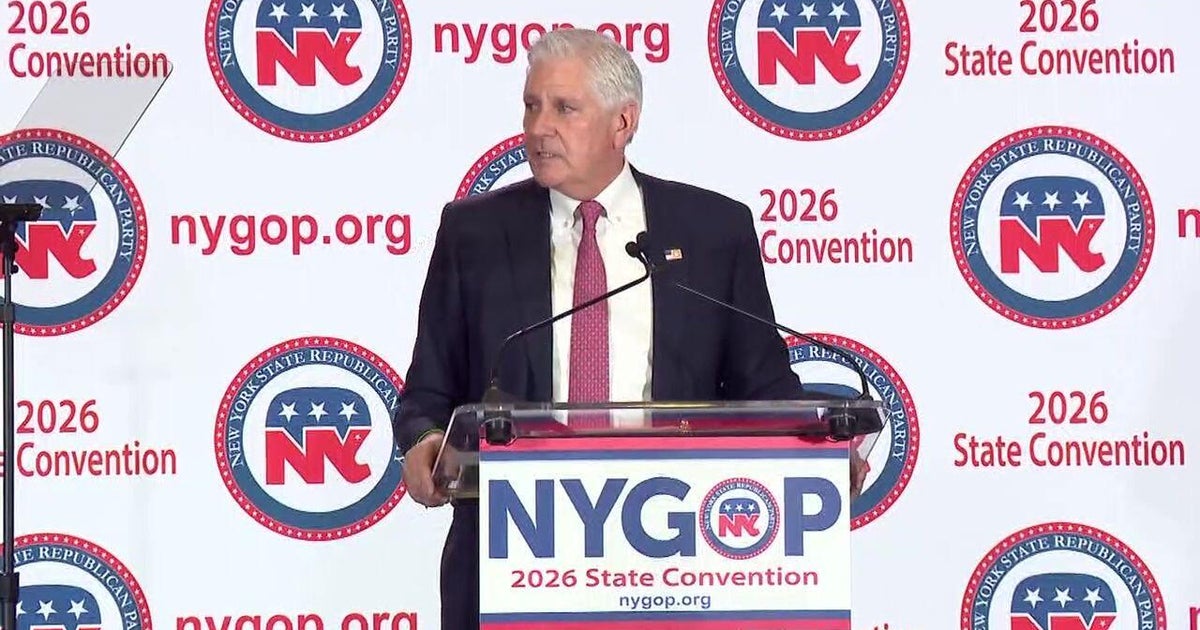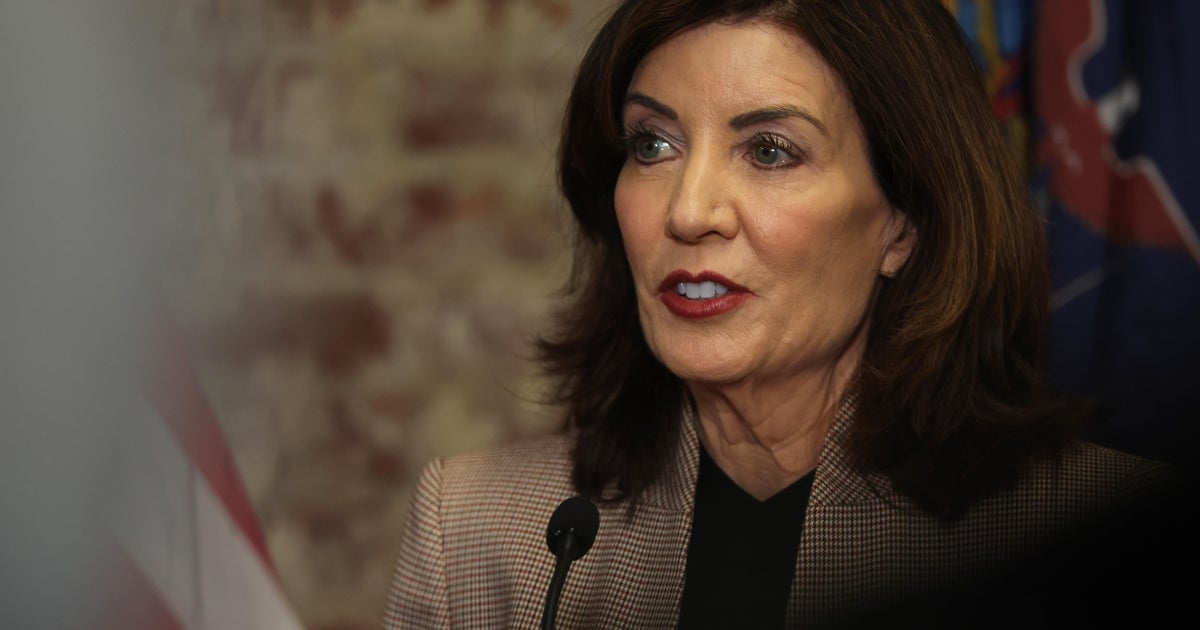Gov. Scott Walker Defeats Recall Effort
MADISON, Wis. (AP) -- Wisconsin Gov. Scott Walker beat back a recall challenge Tuesday, winning both the right to finish his term and a voter endorsement of his strategy to curb state spending, which included the explosive measure that eliminated union rights for most public workers.
With his defeat of Milwaukee Mayor Tom Barrett and the union leaders who rallied for months against Walker's agenda, the rising GOP star became the first governor in U.S. history to survive a recall attempt.
"Tonight we tell Wisconsin, we tell our country and we tell people all across the globe that voters really do want leaders who stand up and make the tough decisions," Walker said in his victory speech in Waukesha.
The governor said he was committed to working with his opponents, beginning with a friendly get-together with lawmakers of both parties over brats, burgers and "maybe a little bit of good Wisconsin beer."
With more than 90 percent of precincts reporting, Walker had nearly 54 percent of the vote, compared with 45 percent for Barrett, according to unofficial returns tabulated by The Associated Press.
As he conceded his loss, Barrett said the state had been left "deeply divided" by the recall battle.
"It is up to all of us, their side and our side, to listen. To listen to each other," Barrett said.
Walker was only the third governor to face a recall vote. The other two lost, most recently California Gov. Gray Davis in 2003.
Democrats and organized labor spent millions to oust Walker, but found themselves hopelessly outspent by Republicans from across the country who donated record-setting sums to Walker. Republicans hope the victory carries over into November and that their get-out-the-vote effort can help Mitt Romney become the first GOP nominee to carry the state since Ronald Reagan in 1984.
Romney issued a statement saying Walker's victory "will echo beyond the borders of Wisconsin."
Walker "has shown that citizens and taxpayers can fight back — and prevail — against the runaway government costs imposed by labor bosses," Romney said. "Tonight voters said no to the tired, liberal ideas of yesterday and yes to fiscal responsibility and a new direction."
The recall was a rematch of the 2010 governor's race. Throughout the campaign, Walker maintained his policies set the state on the right economic track. Defeat, he said, would keep other politicians from undertaking such bold moves in the future.
Barrett repeatedly accused Walker of neglecting the needs of the state in the interests of furthering his own political career. He said Walker had instigated a political civil war in Wisconsin that could be quelled only by a change in leadership.
Walker entered the national spotlight last year when he unveiled plans to plug a $3.6 billion budget shortfall in part by taking away the union rights of most public workers and requiring them to pay more for their health insurance and pension benefits. It was one of his first moves in office.
Democrats and labor leaders saw it as a political tactic designed to gut the power of his political opposition. State Senate Democrats left Wisconsin for three weeks in a sort of filibuster, as tens of thousands of teachers, state workers and others rallied at the Capitol in protest.
But the tea-party supported fiscal conservative remained steadfast. And his opponents could not stop Republicans who control the state Legislature from approving his plans.
Walker went on to sign into law several other measures that fueled the recall challenge, including repealing a law giving discrimination victims more ways to sue for damages, making deep cuts to public schools and higher education, and requiring voters to show photo identification at the polls.
Both sides mobilized thousands of people and millions of dollars to influence voters. Signs calling for Walker's removal and those supporting the 44-year-old son of a minister dotted the state's landscape all spring at a time normally devoid of political contests.
Turnout was on pace to meet predictions of 65 percent of eligible voters — a figure more typically seen in a presidential race.
Jeff Naunheim, a warranty analyst from St. Francis, said the recall was a waste of money.
"I think the Wisconsin voters voted in 2010 to vote Walker in," he said. "I don't think he did anything illegal."
Barrett supporter Lisa Switzer of Sun Prairie said Walker went too far.
"Even if it doesn't turn out the way we want it to, it proves a point," said Switzer, an occupational therapist and single mother on BadgerCare, the state's health insurance program for the working poor. "People in Wisconsin aren't just going to stand by and let a governor take over the state and cut social services."
More than $66 million was spent on the race as of May 21, making it easily the most expensive in Wisconsin history. That money was spent on an all-out barrage of television ads, direct mail, automated calls and other advertising that permeated the state for months.
Walker used the recall to raise millions from conservative donors and build his own political fame. National GOP groups, including Americans for Prosperity and the Republican Governors Association, poured money into the contest.
Unions got behind the recall drive, which started with the collection of more than 900,000 signatures over two months to force the vote. Barrett defeated the union-favored candidate in the Democratic primary in May and then tried to use that to his advantage, while also courting union support. He pledged to call a special legislative session to restore the collective bargaining rights Walker took away.
Also Tuesday, Lt. Gov. Rebecca Kleefisch and at least three Republicans in state Senate races also survived recalls. Republicans were leading in the other Senate race, the outcome of which will determine which party controls the Senate at least through the end of the year.
The recall also focused attention on his record creating jobs. Walker promised in 2010 to create 250,000 jobs over four years as governor, but the number of jobs he actually created was a major point of contention. Walker relied on new data showing the state added about 23,000 jobs in 2011. A different survey that Barrett favored found the state had lost about 34,000 jobs.
(© Copyright 2012 The Associated Press. All Rights Reserved. This material may not be published, broadcast, rewritten or redistributed.)







